Fuel price rises in January by the big four supermarkets outstripped the rest of the market for the second month running, according to RAC Fuel Watch data.
The increases helped to push up the national average price of petrol and diesel rose for the third month in a row.
The average price charged by the big four supermarket fuel retailers increased by 2ppl, taking the average price of a litre of supermarket petrol to 119.76p and diesel to 122.45p.
The overall national average for unleaded petrol increased 1.34ppl at the pumps to 122.24ppl while diesel went up 1.56ppl to 125.04ppl. This means the price of petrol has increased 4ppl since October 2017 when it was around 118ppl. Diesel has gone up 5ppl, rising from around 120ppl in October. Petrol is now at its highest point since late November 2014 and diesel the highest since early December 2014.
The retail fuel price rises have been sparked by a 2% increase in the price of oil, but this was mitigated by a more recent 5% boost in the value of sterling to $1.42 on 31 January.
RAC fuel spokesman Simon Williams said: “The start of 2018 hasn’t been good for motorists as they’ve had to endure their third consecutive monthly increase at the pumps. Both petrol and diesel are now at their highest points for more than three years which is bound to be making a dent in household budgets.
“There is a glimmer of hope that some of the heat in the forecourt price of fuel could cool in February as our current two-week forecast shows reductions of a penny for petrol and two pence for diesel.
“While the fuel market is very hard to predict at the best of times there is currently even greater uncertainty as the price of oil went through the $70 a barrel mark in January for the first time in more than three years while sterling has strengthened against the dollar making wholesale fuel cheaper as it’s traded in dollars.
“We urge fuel retailers to be fair to motorists and pass on the current savings in the wholesale price of petrol and diesel at the pump. Reflecting downward movement in wholesale prices on the forecourt, however small, is important for retailers as motorists generally believe there is little transparency in the price of fuel, unless of course costs are on the up when they understand all too well they will quickly be paying more to fill up.”


























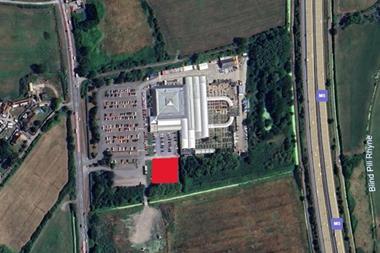


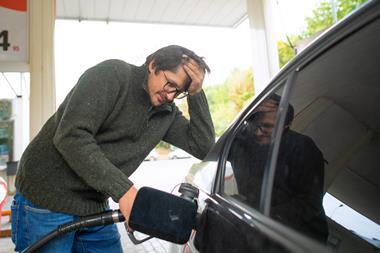
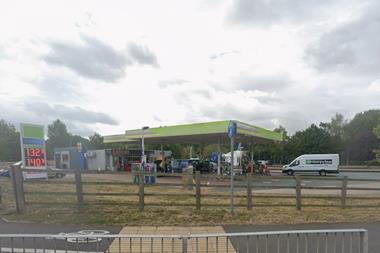
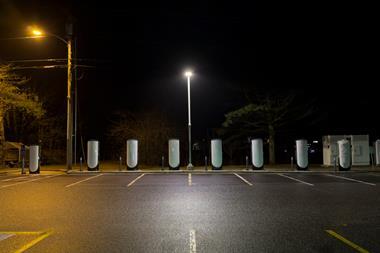
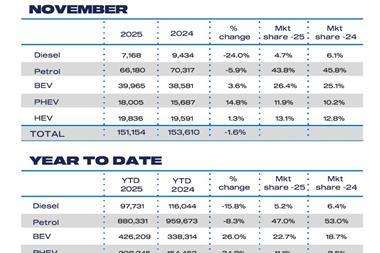
No comments yet